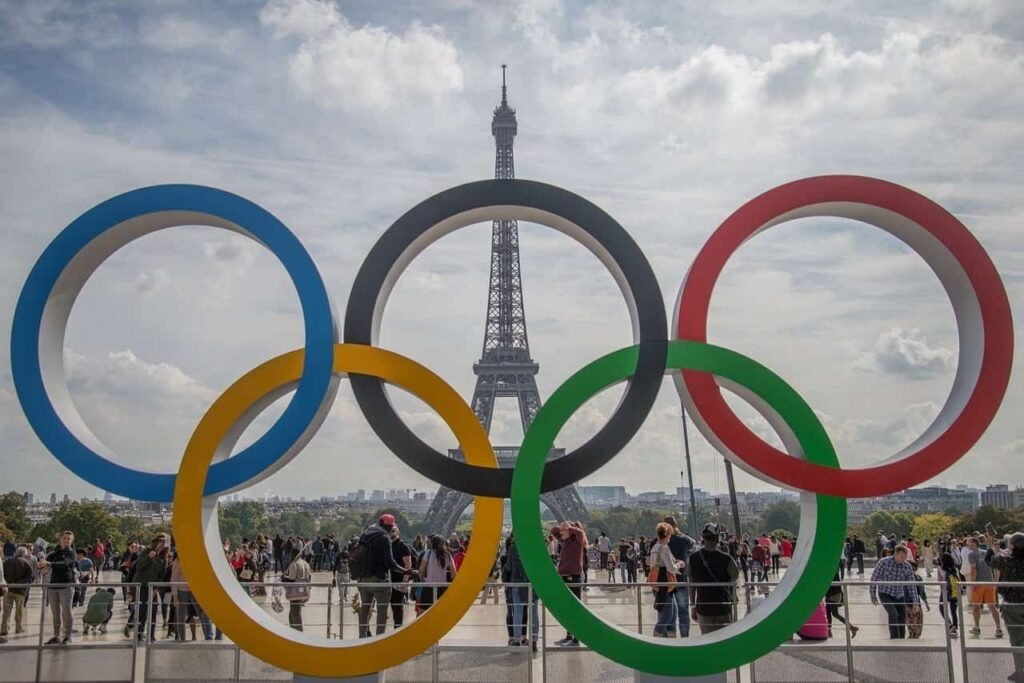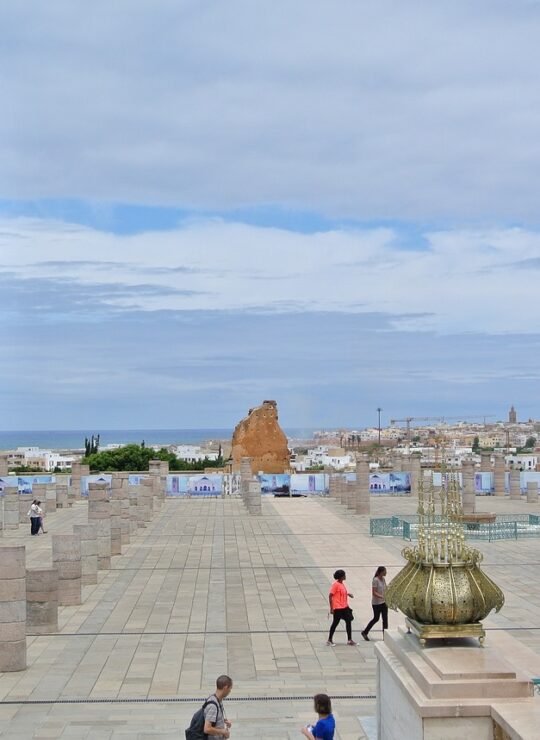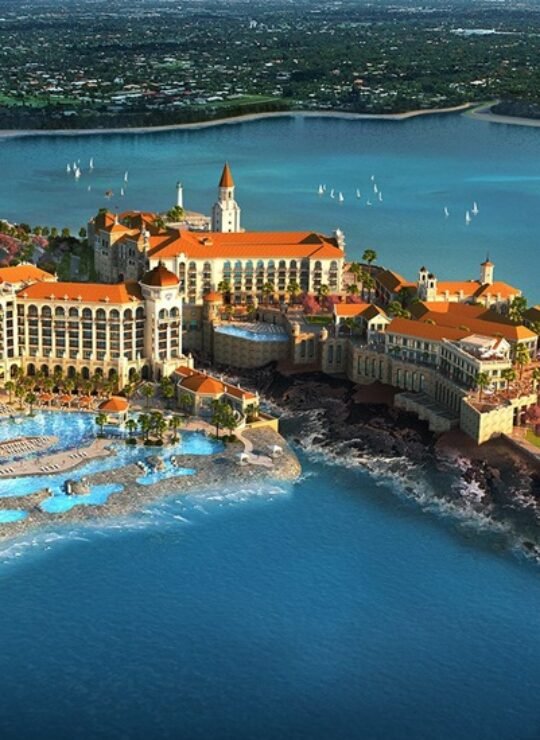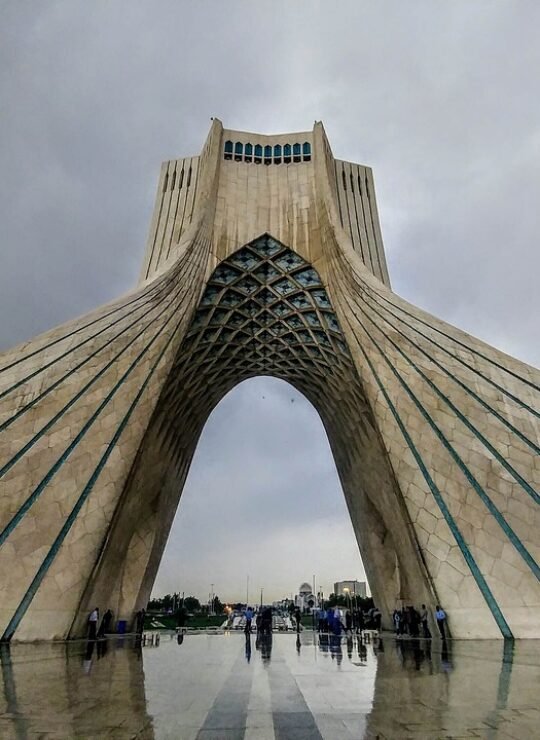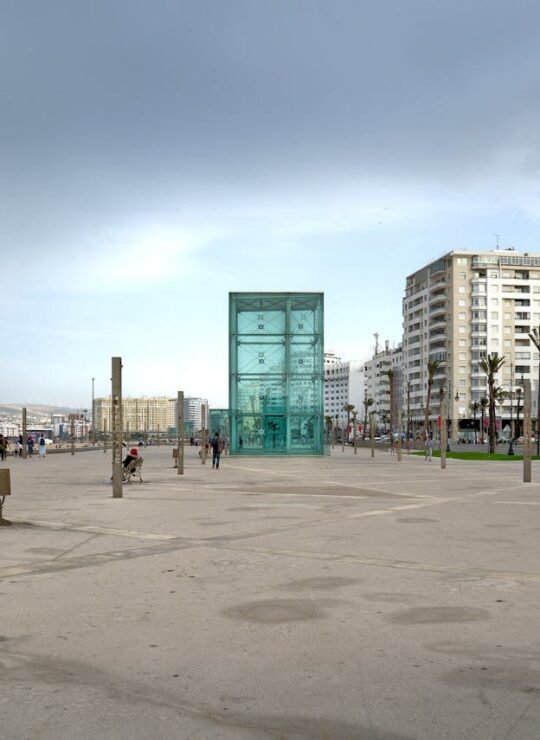Morocco’s Grand Vision for Football
Morocco, a country known for its rich cultural heritage and breathtaking landscapes, is now setting its sights on becoming a major player in the world of football. With the upcoming Africa Cup of Nations (AFCON) in 2025 and the bid for the FIFA World Cup in 2030, Morocco is laying the foundation for a grand vision that aims to transform football in the country.
The Significance of AFCON 2025 and World Cup 2030 for Morocco
Hosting the AFCON in 2025 and potentially the World Cup in 2030 holds immense significance for Morocco. These global football events have the power to put Morocco in the spotlight and showcase its capabilities as a host nation. The AFCON, which brings together African nations in a celebration of football, will provide Morocco with an opportunity to showcase its cultural diversity, hospitality, and organizational prowess. Similarly, hosting the World Cup would be a monumental achievement, as it is the most prestigious tournament in international football. It would not only bring global attention to Morocco but also drive economic growth and development.
Morocco’s Preparations for AFCON 2025 and World Cup 2030
In preparation for these major football events, Morocco has launched an ambitious plan to upgrade its infrastructure and facilities. The country is investing heavily in the construction and renovation of stadiums, transportation networks, and accommodation options. These investments will not only enhance the experience for players, officials, and spectators but also boost the country’s overall tourism industry. Morocco’s commitment to hosting these events is further demonstrated by its focus on training and developing local talent in various aspects of event management, hospitality, and tourism.
The Impact of Hosting Major Football Events on the Country’s Economy
The economic impact of hosting major football events cannot be understated. The influx of tourists, both domestic and international, during the AFCON and World Cup will stimulate various sectors of the Moroccan economy. Hotels, restaurants, transportation services, and local businesses will experience a surge in demand, creating employment opportunities and generating revenue. Additionally, the exposure gained from hosting these events can attract foreign investment and boost the country’s overall economic growth. The financial benefits extend beyond the immediate event period, as the improved infrastructure and facilities will continue to attract tourists and visitors in the years to come.
Morocco’s Football Infrastructure Development Plans
Morocco’s grand vision for football goes beyond just hosting major events. The country has recognized the need for long-term infrastructure development to support the growth of football at all levels. Plans are underway to build world-class training centers, youth academies, and grassroots facilities across the country. These investments will not only provide a platform for local talent to flourish but also position Morocco as a hub for football development in Africa. The focus on infrastructure development ensures that the benefits of hosting these events extend far beyond the tournament itself.
The Potential Legacy of AFCON 2025 and World Cup 2030 for Morocco
The legacy of hosting major football events can have a lasting impact on a country. For Morocco, the potential legacy of the AFCON in 2025 and the World Cup in 2030 is multifaceted. Firstly, it can inspire a new generation of footballers and fans, creating a surge in interest and participation in the sport. Secondly, the upgraded infrastructure and facilities will continue to benefit local communities and attract tourists long after the tournaments are over. Lastly, the positive exposure and international recognition gained from hosting these events can enhance Morocco’s global reputation and open doors for future opportunities in various sectors.
The Benefits for Local Businesses and Tourism
The AFCON and World Cup present numerous opportunities for local businesses and the tourism industry in Morocco. Hotels, restaurants, and souvenir shops will experience a surge in demand as football enthusiasts from around the world flock to the country. The increased tourism revenue can be a boon for the local economy, creating jobs and boosting small businesses. Furthermore, the exposure gained from hosting these events can put Morocco on the map as a desirable tourist destination, attracting visitors beyond the football tournaments.
Challenges and Concerns for Hosting Major Football Events
Hosting major football events comes with its own set of challenges and concerns. The scale and complexity of organizing such tournaments require meticulous planning, coordination, and execution. From ensuring the safety and security of participants and spectators to managing logistics and transportation, there are numerous hurdles to overcome. Additionally, there may be concerns regarding the financial burden of hosting these events and the potential strain on local resources. However, with careful preparation and strategic partnerships, Morocco is well-equipped to address these challenges and deliver successful tournaments.
Morocco’s Bid and Competition from Other Countries
Morocco’s bid for the AFCON in 2025 and the World Cup in 2030 is not without competition. Other countries have also expressed their interest in hosting these prestigious events. The bidding process involves showcasing the country’s capabilities, infrastructure, and commitment to hosting world-class tournaments. While the competition is fierce, Morocco’s unique blend of culture, hospitality, and passion for football sets it apart as a strong contender. The country’s track record of successfully hosting major events, such as the African Games and the FIFA Club World Cup, further strengthens its bid.
Conclusion: The Future of Football in Morocco and Its Global Impact
The upcoming AFCON in 2025 and the potential World Cup in 2030 mark a turning point for football in Morocco. These major events present an opportunity to showcase the country’s potential and transform it into a hub for football development in Africa. The economic, social, and cultural impact of hosting these tournaments cannot be overstated. Morocco’s grand vision for football goes beyond the immediate benefits of hosting events; it encompasses long-term infrastructure development, talent cultivation, and global recognition. As Morocco continues its preparations and bids for these tournaments, the future of football in the country looks promising, with far-reaching implications for the global football community.
CTA: Stay tuned for updates on Morocco’s journey towards hosting AFCON 2025 and the bid for the World Cup 2030. Follow our blog for the latest news and analysis on football in Morocco and its global impact.



